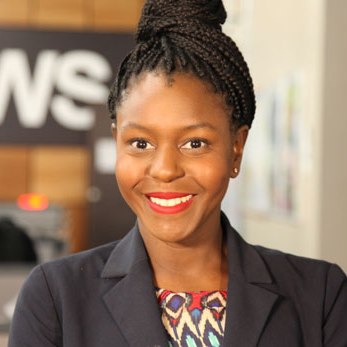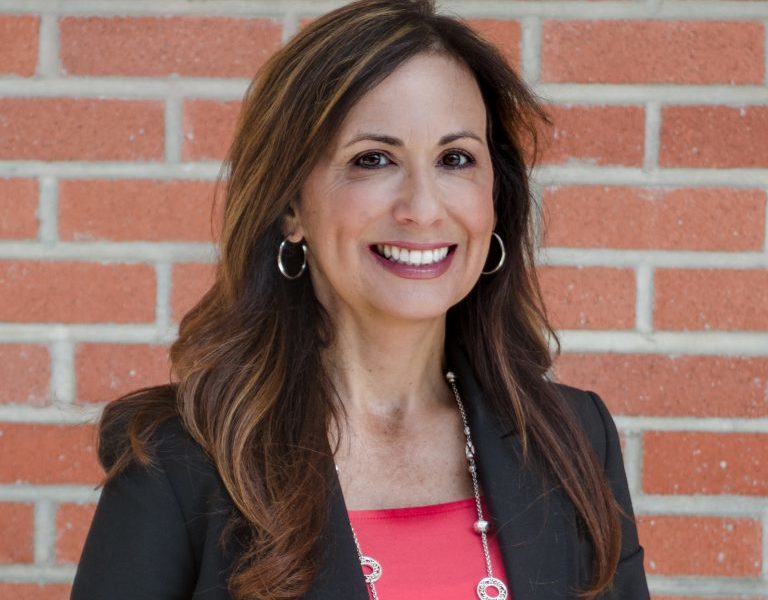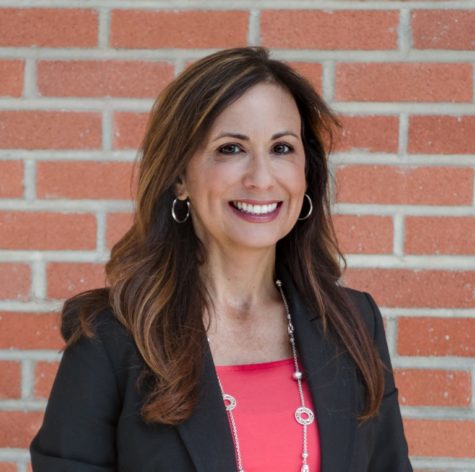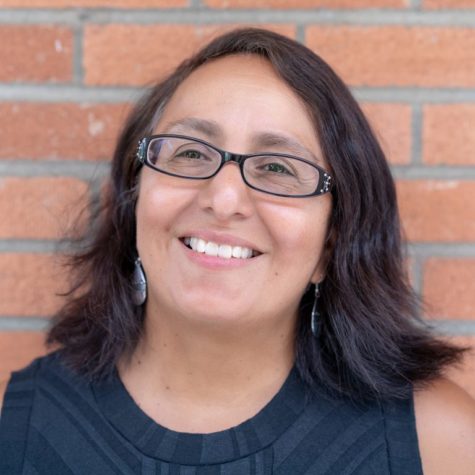A field historically dominated by white men, the journalism industry is growing to include more and more women of color.
Pew Research Center found that in 2016, white males made up over 75% of newsroom employees. According to a 2018 National Public Radio study, women of color represent just 7.95% of print staff, 6.2% of radio staff and 12.6% of local TV news staff.
A freelance broadcast reporter and journalism professor at Long Beach State, Elizabeth Sanchez said she was the first Latina news anchor at the ABC station she worked at in North Carolina.
Sanchez said she gravitated toward reporting, specifically broadcast journalism, because she “grew up around news” on her family’s TV. Seeing the impact reporters had on their communities resonated with her.
“I wanted to get into journalism because I wanted to help,” Sanchez said. “I wanted to help a parent find a missing child. I wanted to help alert people when they’re in danger in their community.”
While working in Arizona, she was often turned down for positions in the television industry because “they were looking for a blonde anchor.”
“Why can’t they just hire the best person for the position?” Sanchez said.
In comparison to men, Sanchez feels it is “harder for women in this business,” having to balance their family life with their career. Working for CBS News, Sanchez traveled over 200 days a year until she decided she wanted to start a family, prompting her to return to local stations.
“I had a baby, and it was really hard to leave because I didn’t want someone else to raise my kids,” Sanchez said. “It’s a lot easier for men.”
Although her husband is also a journalist, a traveling sports photographer, she feels it is still harder for her to leave home for work than it is for him.
She began teaching to be able to have more time to raise her children and found a love for “helping students achieve their goals.”
Working at CSULB has given Sanchez the opportunity to guide up-and-coming journalists in their paths. Her favorite part, she said, has been seeing her students land jobs in the industry.
Teresa Puente, a freelance reporter, journalism professor and adviser for DÍG en Español, has been working in the industry for her 25 years, 15 as an educator.
Like Sanchez, Puente said her family always paid attention to the news, which she feels led her to “grow up with a respect for journalism.”
“Seeing my dad read the newspaper I think really had an influence on me,” Puente said. “As a child I thought, ‘Oh, there’s something really important in that newspaper.’”
Throughout her career, Puente has covered immigration-related issues and said she was one of the first journalists in the U.S. to write about Dreamers while working at the Chicago Tribune 20 years ago. As a freelancer, Puente has worked on stories for publications like TIME Magazine, in which she drove along the southern border in December 2016 interviewing individuals about their thoughts on the border wall.
She said she has experienced sexism and racism throughout her career, both “in big and small ways” as a woman of color.
“I have been confused for the other Brown women numerous times. And that’s offensive because I am a person, I’m not a stereotype,” Puente said.
Puente said she was often seen as less talented or capable than her male counterparts. While out reporting for one story, she had been “running around interviewing people” while her male coworker was “kind of standing in place and not really husting.”
When they returned to the newsroom, she said, he had been given the role of lead writer.
“It was just really insulting because I worked harder reporting that story and then I was basically ignored in the editing process,” Puente said. “What I had to do was I had to go over and stand up for myself.”
As an educator, Puente teaches about ethics and issues that surround the Latinx community. She is most proud of starting the first Spanish news magazine in Long Beach, DÍG en Español, which has been operating for five semesters now.
Tackling issues like how the Latinx community is disproportionately affected by the coronavirus pandemic, Puente feels she is accomplishing her goal of advocating for “accurate representation of communities of color in the media.”
“I told my students the first semester, ‘We made history,’” Puente said. “Because of the large Latinx population on campus and in Long Beach, it’s just really important that we have their voices represented in the media.”
Candace Manriquez, a journalism professor at CSULB and podcast producer at Spotify, felt compelled to become a storyteller through sharing experiences and conversations with individuals of different communities.
As a woman of color, Manriquez has struggled in her journey because “we live in a country where we are all immersed in white supremacy.”
“There have been times where an editor or a host second-guessed my knowledge or was even shocked that I knew something,” she said. “But the most egregious thing I’ve faced is the belief held by many, that Black and Brown folks can’t tell stories about race without bias or inherent investment, but that somehow white journalists come to every story with a blank slate opinion-wise.”

After teaching at a few universities and community colleges in California and Arizona, Manriquez joined the Department of Journalism and Public Relations at CSULB in 2018. She feels that students at the Beach “are some of the most open-minded, intelligent students I have taught” and credits the school’s diverse student body.
Emphasizing the importance of networking, Manriquez encouraged student journalists to continue making connections and honing their skills.
“It is so often who you know and not what you know,” Manriquez said.
She said she “wanted to make a job out of” making connections with strangers through storytelling.
“I want to amplify the voices of those who are seldom heard,” Manriquez said. “Whether those voices belong to racially marginalized folks or disabled folks or impoverished folks, I think it’s important that we hear perspectives we’re not familiar with, and sometimes not comfortable with.”






